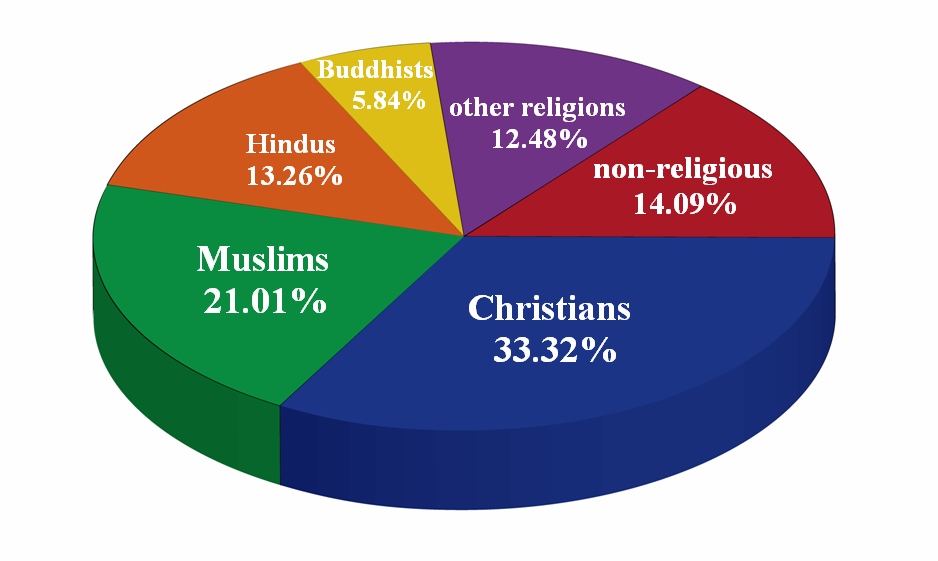Community Activist Advocates For Uterine Transplantation For Transgender Mothers

Table of Contents
The Growing Need for Uterine Transplantation Access for Transgender Women
Understanding the Desire for Biological Motherhood
For many transgender women, the desire for biological motherhood is deeply personal and profoundly significant. It’s a yearning to connect with their child on the most fundamental level, a desire that transcends gender identity and speaks to the core of human experience. This biological connection is often viewed as integral to their identity as mothers and is not fully fulfilled by adoption or surrogacy.
- Lack of Understanding: Unfortunately, there's a widespread lack of awareness and understanding of this desire within the medical community and broader society. Many healthcare professionals lack the training and sensitivity to address the unique needs of transgender women seeking reproductive options.
- Limitations of Alternatives: Adoption and surrogacy, while valuable options for many, present unique challenges for transgender women. These paths can be expensive, lengthy, and fraught with bureaucratic hurdles and societal biases.
- Emotional Toll of Infertility: The emotional toll of infertility is significant for anyone, but for transgender women, the added layer of societal stigma and lack of accessible medical options can amplify feelings of isolation and despair. The pursuit of alternative methods to experience biological motherhood is driven by a deep emotional need.
The Medical and Ethical Considerations of Uterine Transplantation
The Surgical Procedure and Success Rates
Uterine transplantation is a complex and groundbreaking surgical procedure. It involves a meticulous process of donor selection, careful surgical techniques, and ongoing monitoring. The success rate, while improving, is still relatively low, and the procedure carries significant risks for both the recipient and the donor.
- Success Rates and Research: Ongoing research is crucial to improve the success rates and minimize complications associated with uterine transplantation. Current success rates vary, highlighting the need for further advancements in surgical techniques and post-operative care.
- Long-Term Health Implications: Both the recipient and the donor face long-term health implications. The recipient must undergo hormone replacement therapy, immunosuppression, and regular monitoring. The donor also experiences surgical risks and potential long-term effects.
- Pregnancy and Childbirth Risks: Even with a successful transplant, pregnancy and childbirth after uterine transplantation present additional risks. Careful monitoring and specialized care are essential throughout the pregnancy and delivery process.
Ethical Debates and Societal Perceptions
The ethical considerations surrounding uterine transplantation for transgender women are complex and multifaceted. Concerns about resource allocation, potential biases in healthcare access, and societal perceptions of transgender motherhood need careful consideration.
- Resource Allocation: The high cost and limited availability of uterine transplantation raise questions about equitable resource allocation and the potential strain on healthcare systems. Prioritizing access based on need and ensuring equitable distribution are crucial ethical considerations.
- Social and Cultural Implications: The societal implications of this technology are vast, influencing our understanding of family, motherhood, and gender. Open dialogue and inclusive conversations are essential to address societal biases and stigma.
- Combating Prejudice: Prejudice and discriminatory practices can significantly hinder access to this life-changing procedure. Advocates are working to challenge negative stereotypes and promote a more inclusive and accepting environment.
The Activist's Role in Advocating for Policy Change and Access to Care
Raising Awareness and Educating the Public
Anya Sharma's advocacy work plays a critical role in raising awareness and educating the public about uterine transplantation for transgender women. Through various initiatives, she is breaking down barriers and fostering a better understanding of the issue.
- Public Awareness Campaigns: Anya utilizes social media, public speaking engagements, and collaborations with LGBTQ+ organizations to spread awareness and combat misinformation.
- Addressing Misconceptions: She actively challenges misconceptions and negative stereotypes surrounding transgender identity and reproductive rights. This crucial work helps to create a more informed and empathetic public discourse.
- Community Engagement: Engaging directly with communities and individuals helps humanize the issue, promoting understanding and fostering support.
Lobbying for Policy Changes and Funding
Anya's advocacy extends to lobbying for policy changes and securing funding for research and treatment. Her efforts aim to ensure that transgender women have equal access to this life-changing technology.
- Policy Advocacy: She actively lobbies for legislation that ensures insurance coverage for uterine transplantation and prohibits discrimination against transgender individuals seeking reproductive care.
- Securing Funding: Anya works tirelessly to secure funding for research into uterine transplantation, aiming to improve success rates and reduce costs.
- Collaboration and Partnerships: She collaborates with medical professionals, policymakers, LGBTQ+ organizations, and other stakeholders to build a strong coalition advocating for policy changes and access to care.
Conclusion
Anya Sharma's advocacy for uterine transplantation for transgender mothers is vital in addressing the medical, ethical, and societal challenges surrounding this groundbreaking procedure. Her work highlights the growing need for access, the complexities of the surgery, and the critical role of continued advocacy and research. By raising awareness, challenging societal biases, and working towards policy change, she's paving the way for a future where transgender women have equal opportunities to experience the joys of biological motherhood.
Call to Action: Learn more about uterine transplant access for transgender women and support organizations like [insert relevant organization links here] working to improve access to this life-changing technology. Let's advocate for policy changes that ensure equitable access to uterine transplantation research and treatment for all transgender mothers-to-be. Together, we can help make transgender motherhood a reality.

Featured Posts
-
 The China Factor Why Luxury Car Brands Face Headwinds In The Asian Market
May 10, 2025
The China Factor Why Luxury Car Brands Face Headwinds In The Asian Market
May 10, 2025 -
 Post Liberation Day Financial Repercussions Of Trumps Trade Policies
May 10, 2025
Post Liberation Day Financial Repercussions Of Trumps Trade Policies
May 10, 2025 -
 Wynne Evans Dropped From Go Compare Advert After Strictly Scandal
May 10, 2025
Wynne Evans Dropped From Go Compare Advert After Strictly Scandal
May 10, 2025 -
 Pakistan Stock Market Crisis Operation Sindoor Triggers Kse 100 Plunge
May 10, 2025
Pakistan Stock Market Crisis Operation Sindoor Triggers Kse 100 Plunge
May 10, 2025 -
 Gods Mercy Across Faiths Religious Beliefs In 1889
May 10, 2025
Gods Mercy Across Faiths Religious Beliefs In 1889
May 10, 2025
